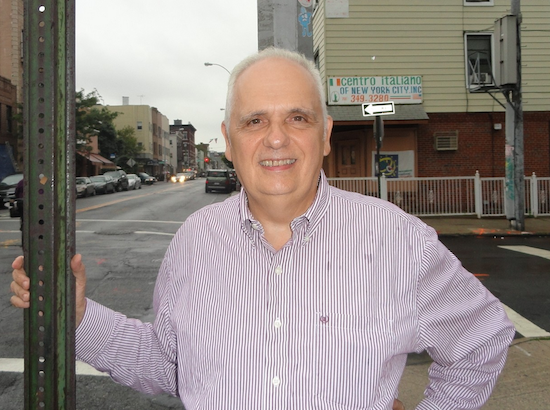Lentol demands crackdown on ‘deceitful’ mortgage lenders

The state should be doing more to assist homeowners whose houses are in foreclosure proceedings, according to Assemblyman Joseph Lentol, who said that at the very least they should be protected from what he called “deceitful business practices perpetrated by mortgage lenders.”
The State Assembly passed a bill sponsored by Lentol (D-Williamsburg-Greenpoint) that seeks to protect struggling homeowners. The bill, called the Foreclosure Fraud Prevention Act of 2013, has been sent to the State Senate for consideration.
The proposed legislation, which was passed on June 3, would impose misdemeanor and felony-level penalties on banks and lenders who knowingly engage in fraud. The bill would also impose criminal penalties on certain supervisory employees of banks and lenders, referred to as “high managerial agents,” who know about fraudulent conduct by their employees and agents, but fail to take measures to stop it.
